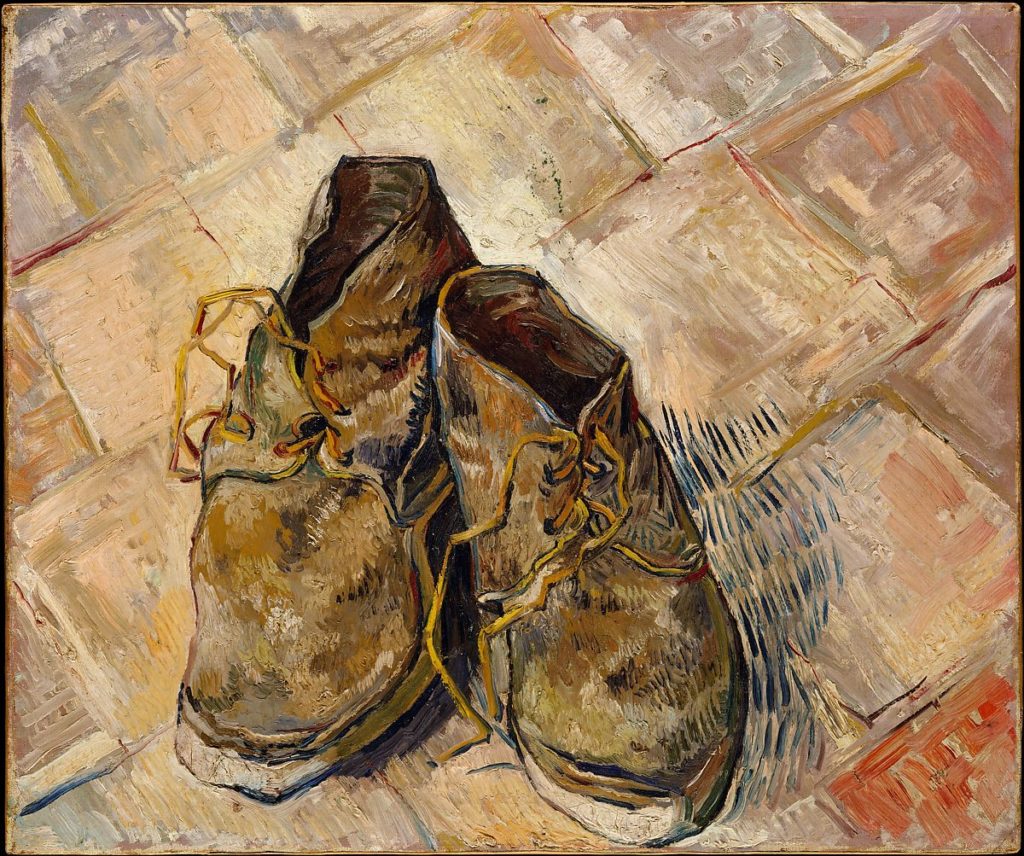194. Marsilio Ficino on how to see life as wonderful!
It is easy to lose our sense of wonder for things around us. Of course, we may wonder when confronted with things out of the ordinary. But shouldn’t it be more common to wonder about, well, everything?
Perhaps not. After all, as Marsilio Ficino (1433-1499) points out in his Platonic Theology (Vol. 1, Book II, Chapter xiii), “Daily familiarity dulls our sense of wonder.” But he goes on to offer us an interesting thought experiment: suppose we were raised in a house until we were thirty and then suddenly allowed to go out and witness the beauty of the world around us. Would we not wonder at everything?
Think of it: walking out of a house at thirty years old and suddenly seeing, well, anything: trees, buildings, animals, the sun, the clouds, and so on…how wondrous these things would be!
Look at the things around you now and try to imagine – really imagine – seeing them for the first time. What really are they? What are they really made of? Where did they really come from? How are they really connected to others things? Why are they really called what they are called?

Vincent Van Gogh, Shoes (1888)
Aren’t shoes wonderful?
Of course, we can also imagine leaving our house and being completely overwhelmed by the death, destruction, sickness, cruelty, and evil in the world. These phenomena would also make us wonder why suffering is such an integral part of our world and whether or not God exists. Ficino, however, goes on to optimistically affirm that if we are able to see things in this wondrous manner then we will come to see the world around us as the creation of one divine craftsman:
“Daily familiarity dulls our sense of wonder. But had your parents brought you up from infancy immured in a house so that you had never gazed upon this wonderful beauty of the world before you were thirty, then doubtless you would so wonder at this new spectacle of nature that, however much you had doubted beforehand, yet afterwards you could never doubt that all things are made and ruled by the providence of the one all-knowing craftsman.” (translated by Michael J. B. Allen).
For more insights from Ficino, go here and here.
For insights about wonder and imagination from Ralph Waldo Emerson, go here.